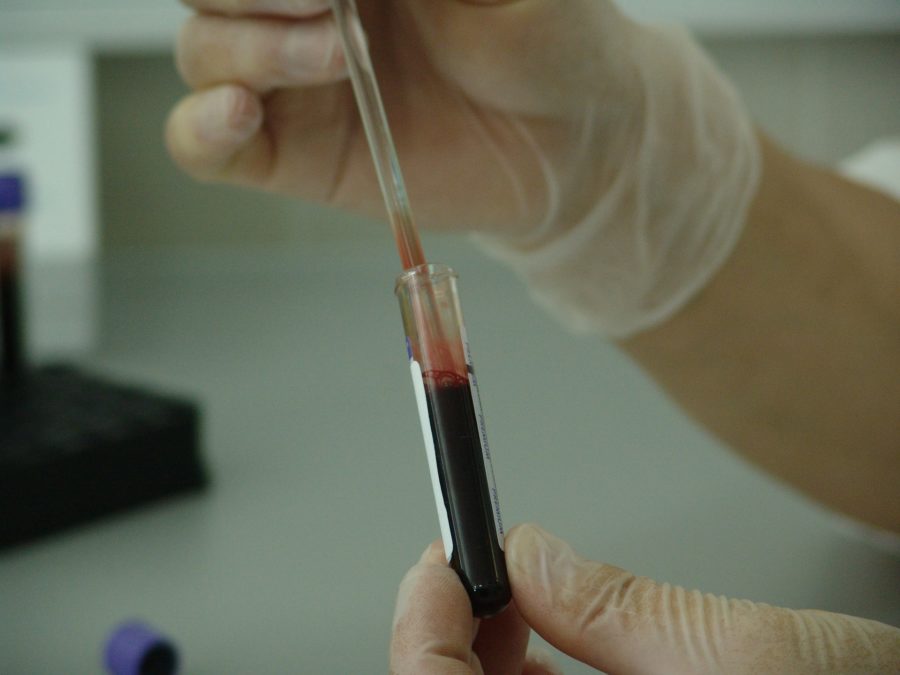According to the Centers for Disease Control and Prevention, there are roughly 40,000 infants born each year with a congenital heart defect. Most infants born with this type of defect will need surgery within their first year.
New research from the University of Minnesota may be the first step in solutions that require fewer surgeries. Robert Tranquillo, professor in the Biomedical Engineering Department, and colleagues have taken blood vessels produced in a lab and placed them into lambs. The blood vessels were able to grow inside their recipients.

The blood vessels were made from post-natal skin cells, and after synthesizing the blood vessels, the researchers actually removed the cells in order to prevent rejection. The sheep skin cells were washed away using detergents that would remove cells and leave behind a matrix that would not trigger an immune response in the body.
One of the important devices used in the study was a bioreactor, developed by senior research associate Zeehan Syedain. The bioreactor was able to pump nutrients needed for growth into the tubes created in the lab. This made the vessel stronger, which ensured it would not burst when planted into the recipient.
When the blood vessels were placed inside the lambs, the recipients cells were able to populate inside the tube, which is what allowed the growth.
“This might be the first time we have an ‘off-the-shelf’ material that doctors can implant in a patient, and it can grow in the body,” Tranquillo said. “In the future, this could potentially mean one surgery instead of five or more surgeries that some children with heart defects have before adulthood.”
An increase of 56 percent in the diameter of the blood vessel was measured at 50 weeks of age after implantation. In addition to a diameter increase, the researchers were also able to measure that the collagen protein had increased, which meant the vessel had grown and was not just stretched out.
Researchers said that they hadn’t observed any negative effects, such as clotting in the blood vessels at the 50-week mark.
“We saw growth, and none of the bad things happened,” Tranquillo said. “The results are very encouraging.”
Tranquillo and the other researchers hope to start human clinical trials in the near future. For the time being, researchers will be reaching out to doctors and requesting approval from the Food and Drug Administration in order to conduct these trials in humans.








